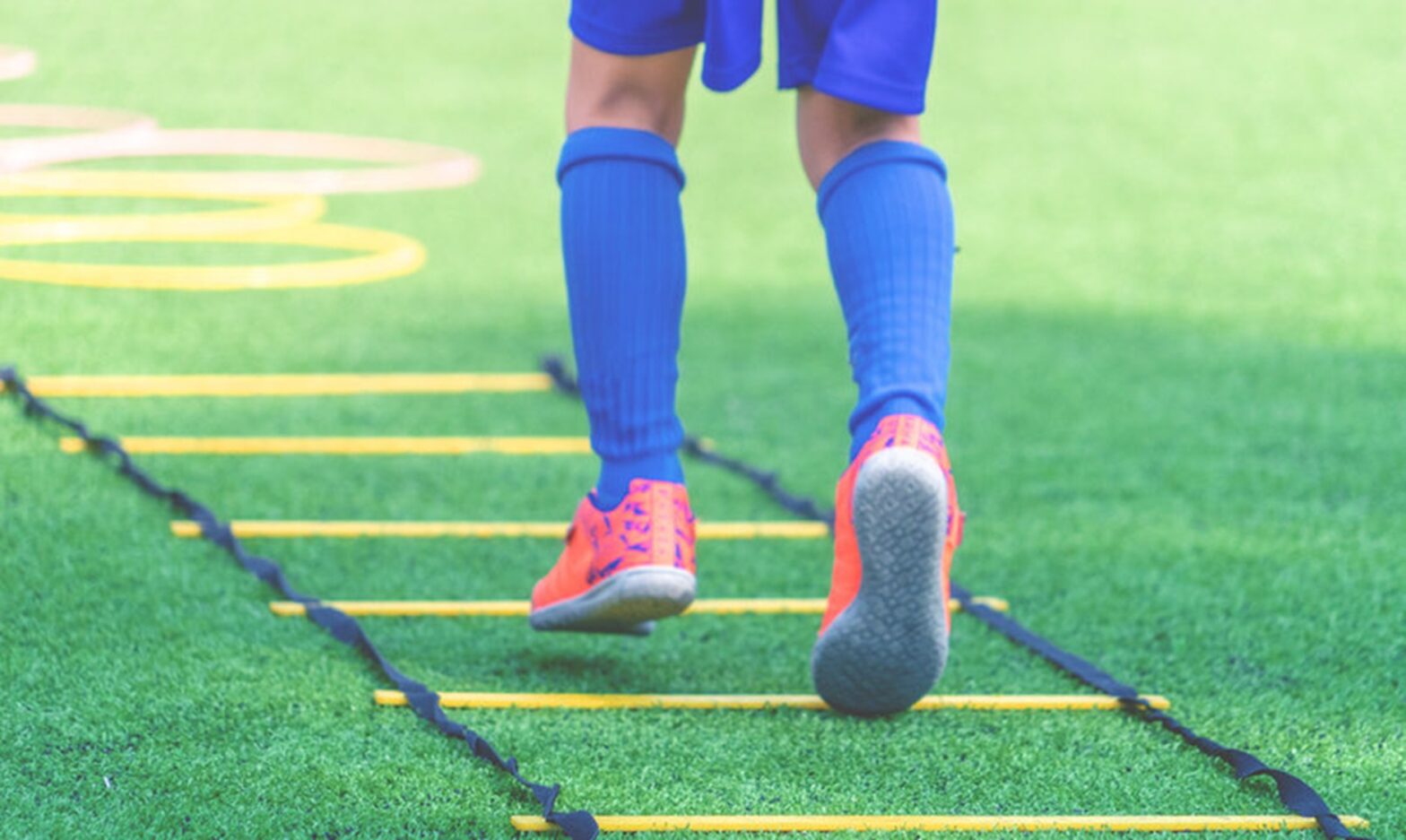Mental toughness is one of those traits that’s often discussed but rarely understood. It’s a quality that transcends mere perseverance, going beyond just “toughing it out.” Mental toughness is what allows athletes to push through when their bodies beg them to stop, to perform at their peak when every muscle is fatigued, and to focus amid chaos. But here’s the catch: mental toughness doesn’t just appear; it’s built. And it’s built through physical training.
Think about some of the toughest players you know. These people don’t seem to change, whether they’re in business, sports, or everyday life. It’s not just their skill that makes them successful; it’s also their ability to bounce back from setbacks and do well even when things go wrong. What is the most important part of that resilience? Physical training.
Nathan Showman, a professional athlete and trainer with extensive experience in performance-based coaching, often points to the connection between physical conditioning and mental strength. In his experience, the more physically prepared an individual is, the more resilient their mind becomes. This connection isn’t just theory; it’s a proven process that high-performing athletes across every sport have known for years.
The Mind-Body Connection
Surely your body knows its limits, but when you push it beyond its limit, your mind is forced to follow, forced to adjust to it. It isn’t just restricted to cardiovascular strength or muscle endurance but about conditioning your mind to withstand physical stress. Training, especially high-intensity or endurance-based training, doesn’t just prepare the body to perform; it prepares the mind to endure the discomfort of pushing past its limits.
Athletes understand this on a primal level. For example, marathon runners don’t simply train their legs to run fast, but they also train their minds to keep moving. The same goes for CrossFit players, weightlifters, and swimmers. They know that being uncomfortable is a part of the process and not something to avoid. Their mental flexibility, which comes from working out, is what helps them do well under pressure.
Discomfort as a Tool for Growth
We’ve all grown up listening to the phrase “no pain, no gain.” It’s fair to say that it’s not just a phrase, it’s a mindset. The discomfort that comes with pushing your body to its extreme isn’t just limited to physicality; it’s also a mental task that needs your attention.
Being mentally tough isn’t about staying away from pain; it’s about learning how to handle it. It means staying engaged and on task even when your body and mind are screaming for help. In order to improve their mental toughness, players have to deal with this pain over and over again. They start to think of struggle as a sign of success, which helps them handle stressful situations with more poise and less anger.
In this context, the gym, the track, or the field becomes more than just a place for physical training. It becomes a training ground for the mind, where every repetition and every lap is an opportunity to build mental fortitude.
Building Confidence Through Consistency
One of the most powerful ways physical training impacts mental toughness is by building confidence. Every small victory – whether it’s lifting a heavier weight, running a faster mile, or sticking to a routine – is a testament to your ability to overcome challenges. As athletes build physical strength, they also build self-confidence, which in turn fortifies their mental toughness.
This link is crucial: athletes’ minds start to think they can handle more when they witness their bodies accomplishing more. Athletes learn from the discipline of putting in the effort every day, even when results aren’t seen right away, that perseverance and faith in the process are more important for success than immediate gratification.
The Mental Toughness of Everyday Life
You don’t have to be an athlete to benefit from the mental toughness built through physical training. Whether you’re a student facing academic pressure, a professional navigating a high-stakes project, or simply someone trying to maintain balance in a hectic life, the mental fortitude developed through exercise can make a significant difference.
The lessons learned from training – focus, patience, resilience, and consistency – apply to every aspect of life. The more you challenge yourself physically, the more you prepare yourself mentally for life’s obstacles.
The Takeaway
It is obvious that mental toughness and physical training are related: the more you test your body, the more you challenge your mind. Whether you’re doing yoga, lifting weights, or preparing for a marathon, every session offers a chance to develop resilience. Enhancing physical fitness is only one aspect of the process; another is training the mind to remain composed under duress, persevere through difficulties, and welcome setbacks as chances for personal development.
Ultimately, mental toughness isn’t an innate trait; it’s a skill that can be built. And just like any muscle, the more you train it, the stronger it becomes. So, whether you’re an athlete or someone looking to improve your mental resilience, the process is simple: keep showing up, keep pushing your limits, and watch both your body and mind grow stronger.
